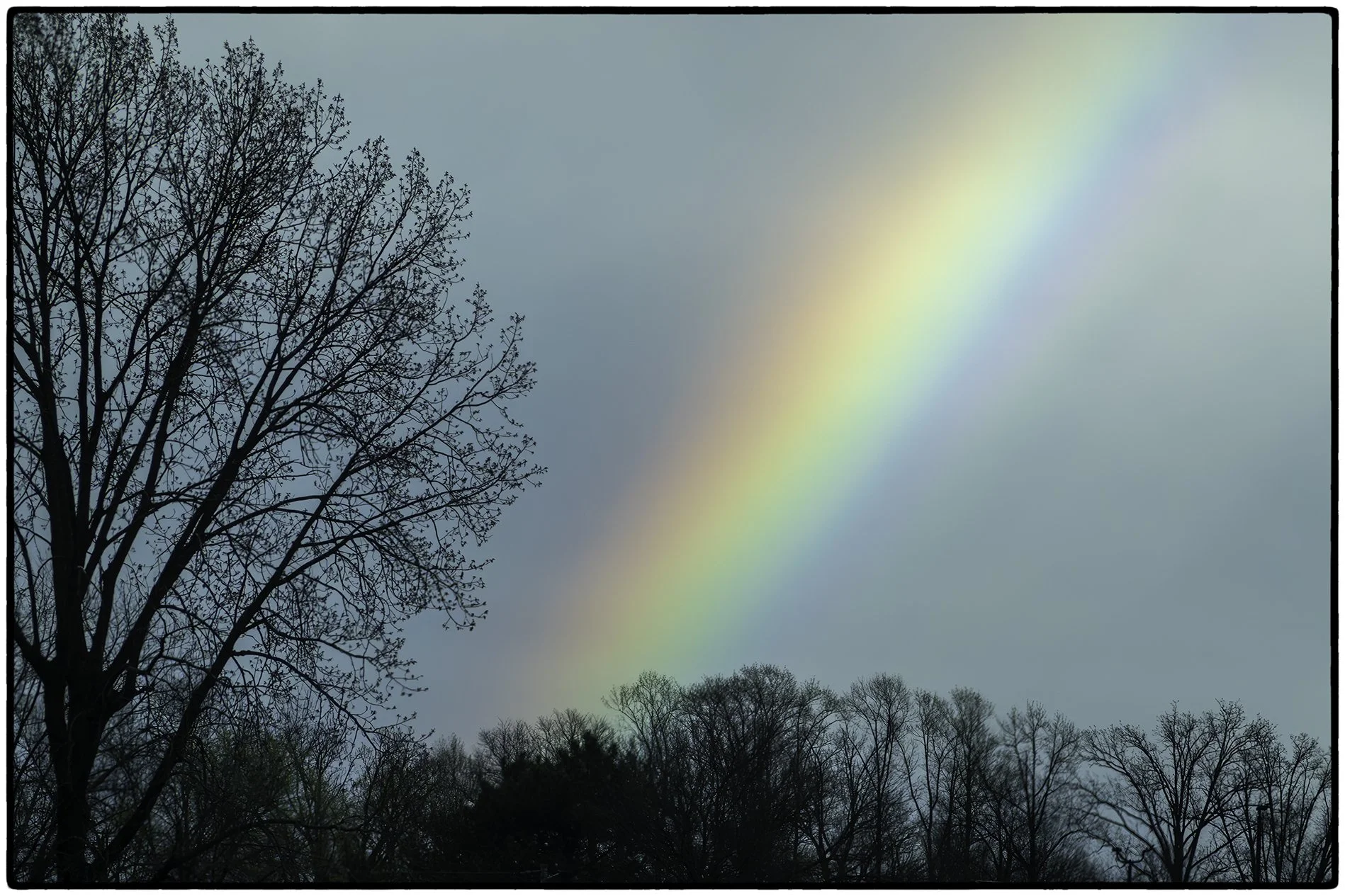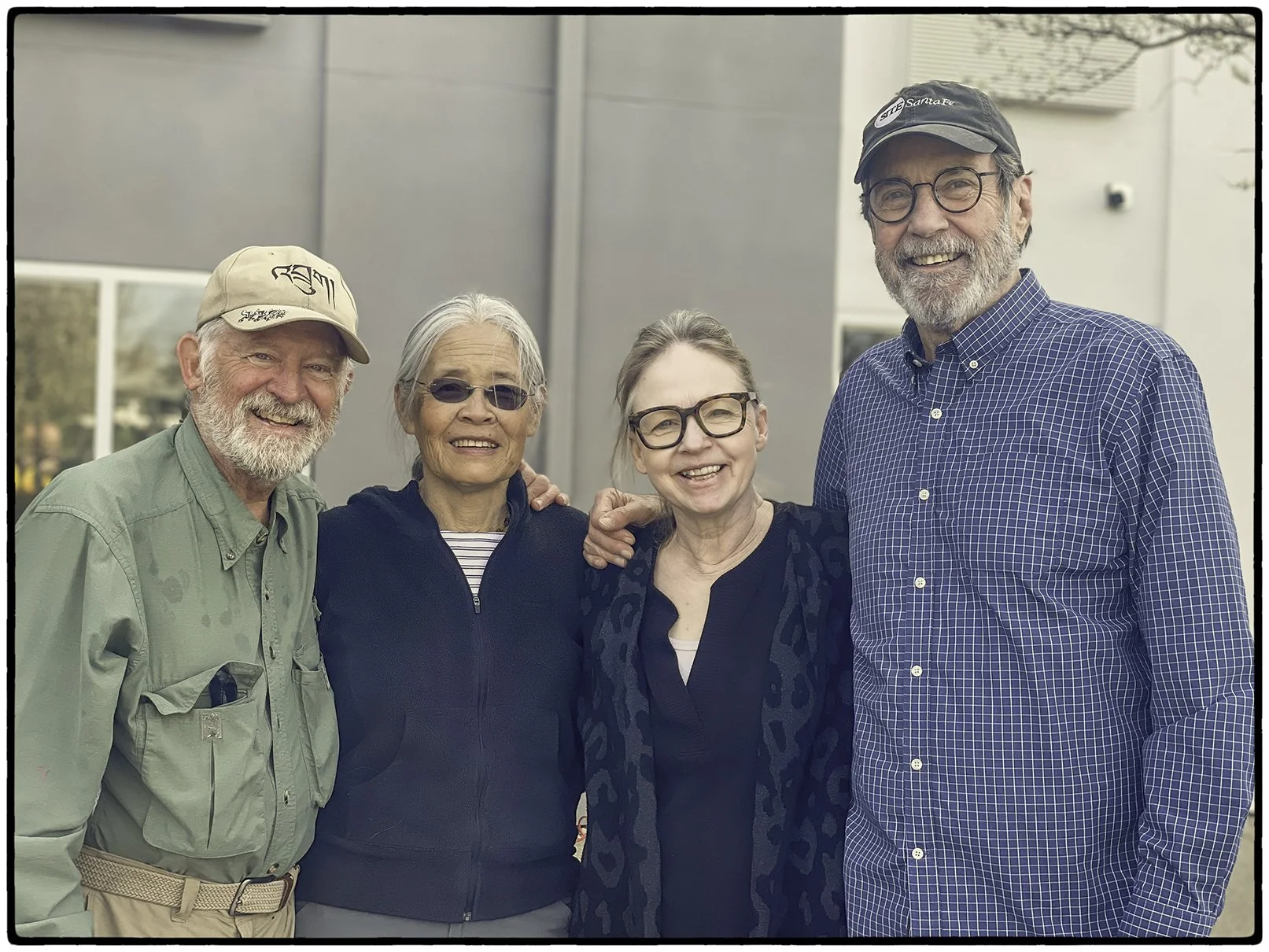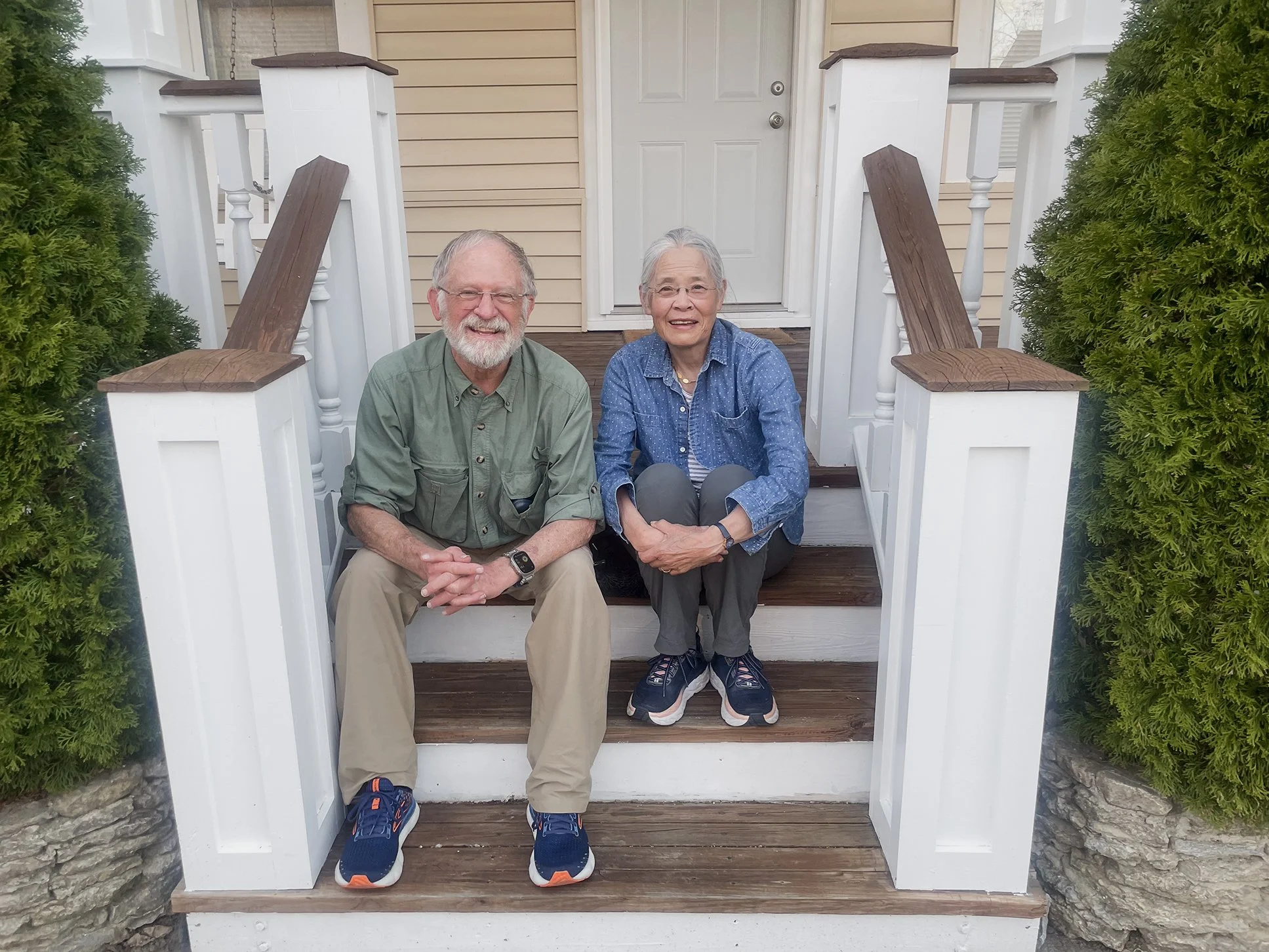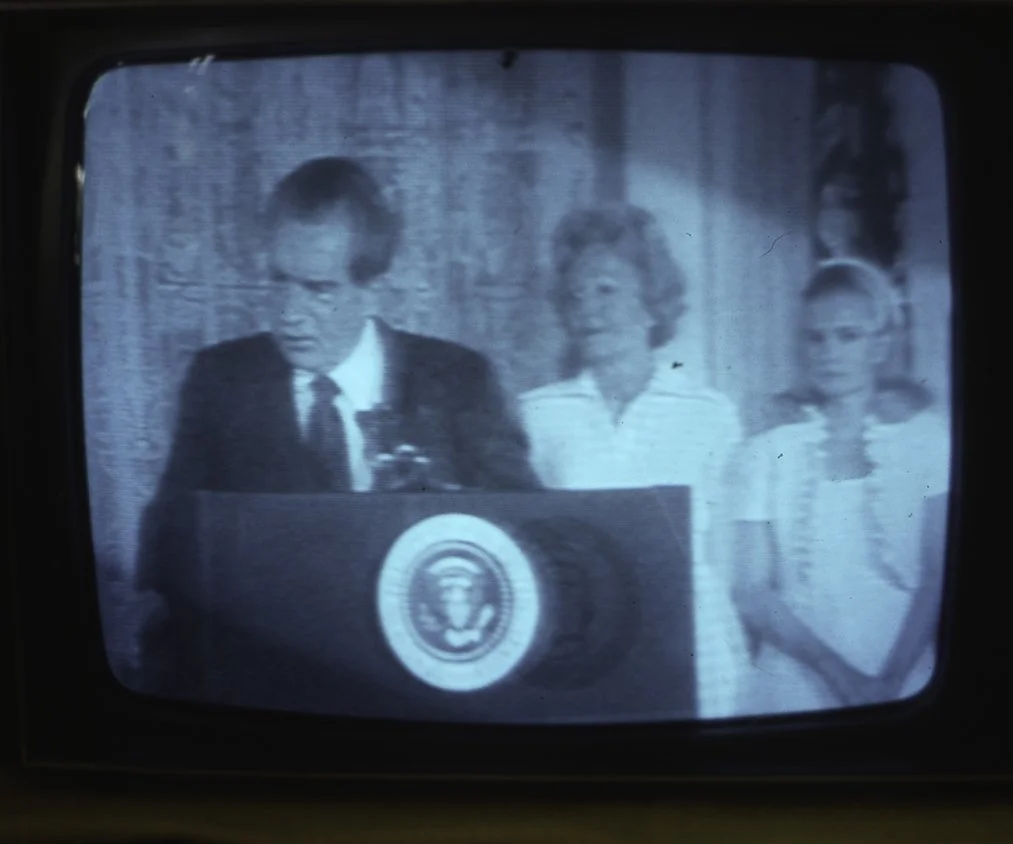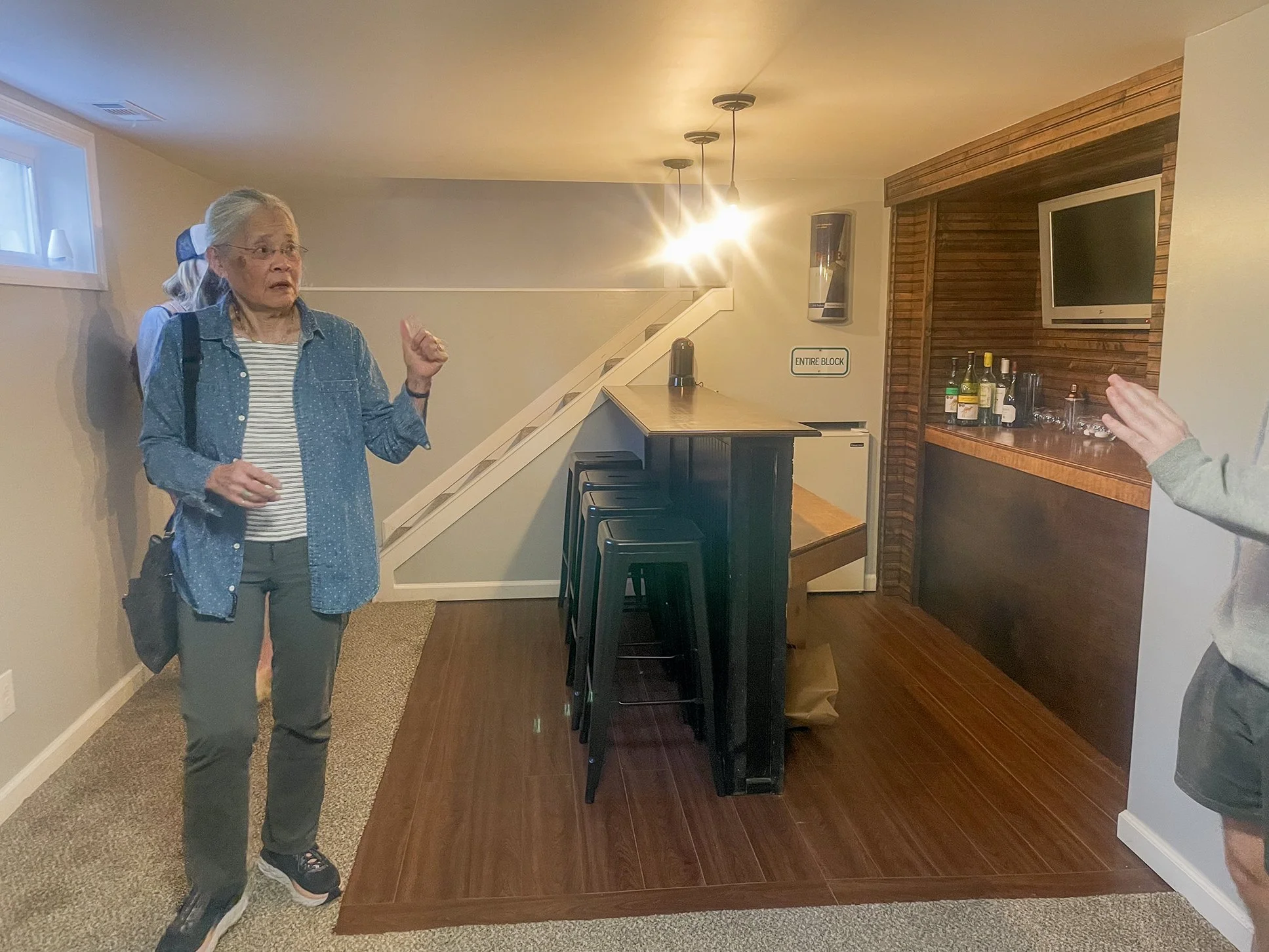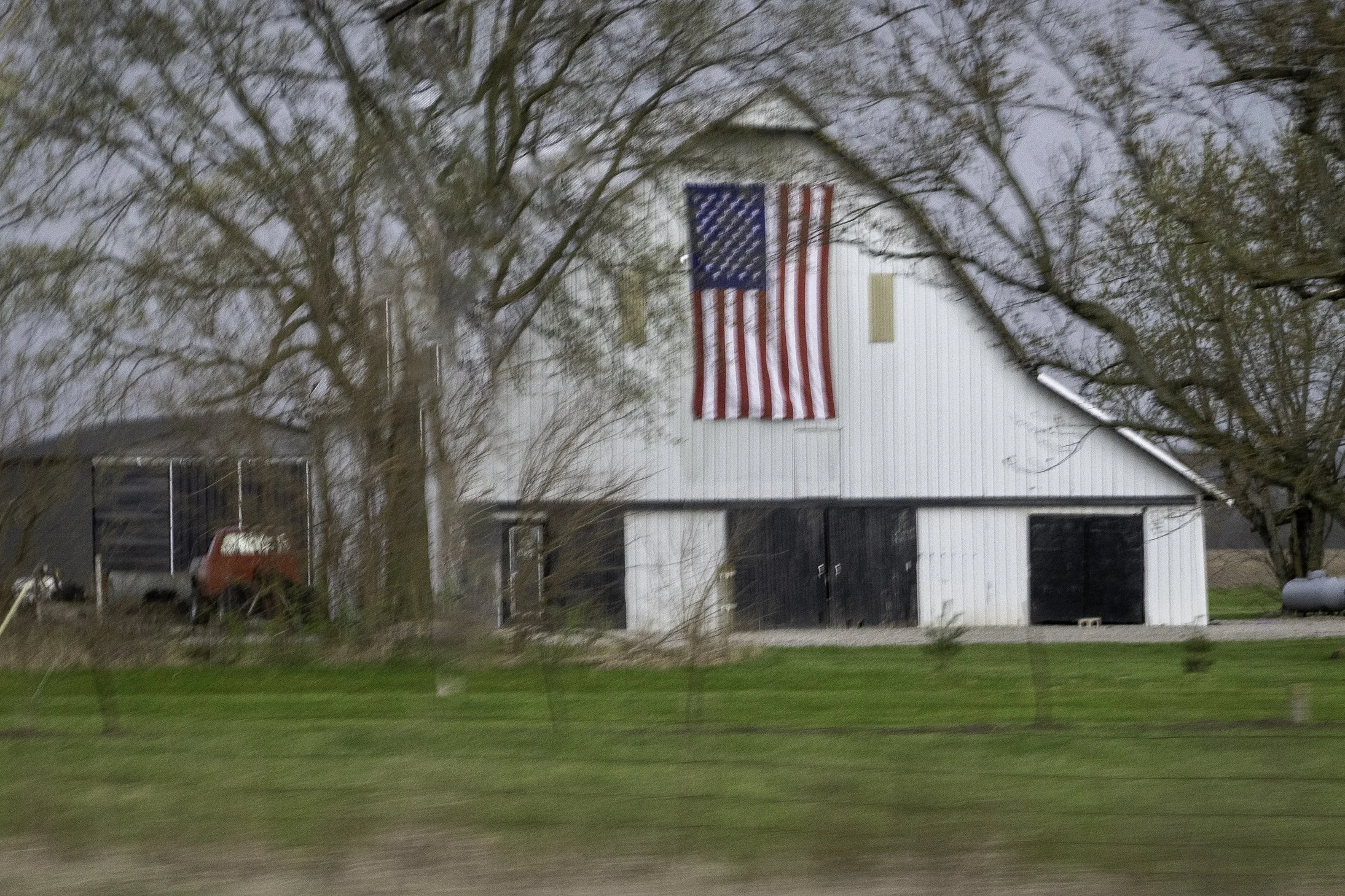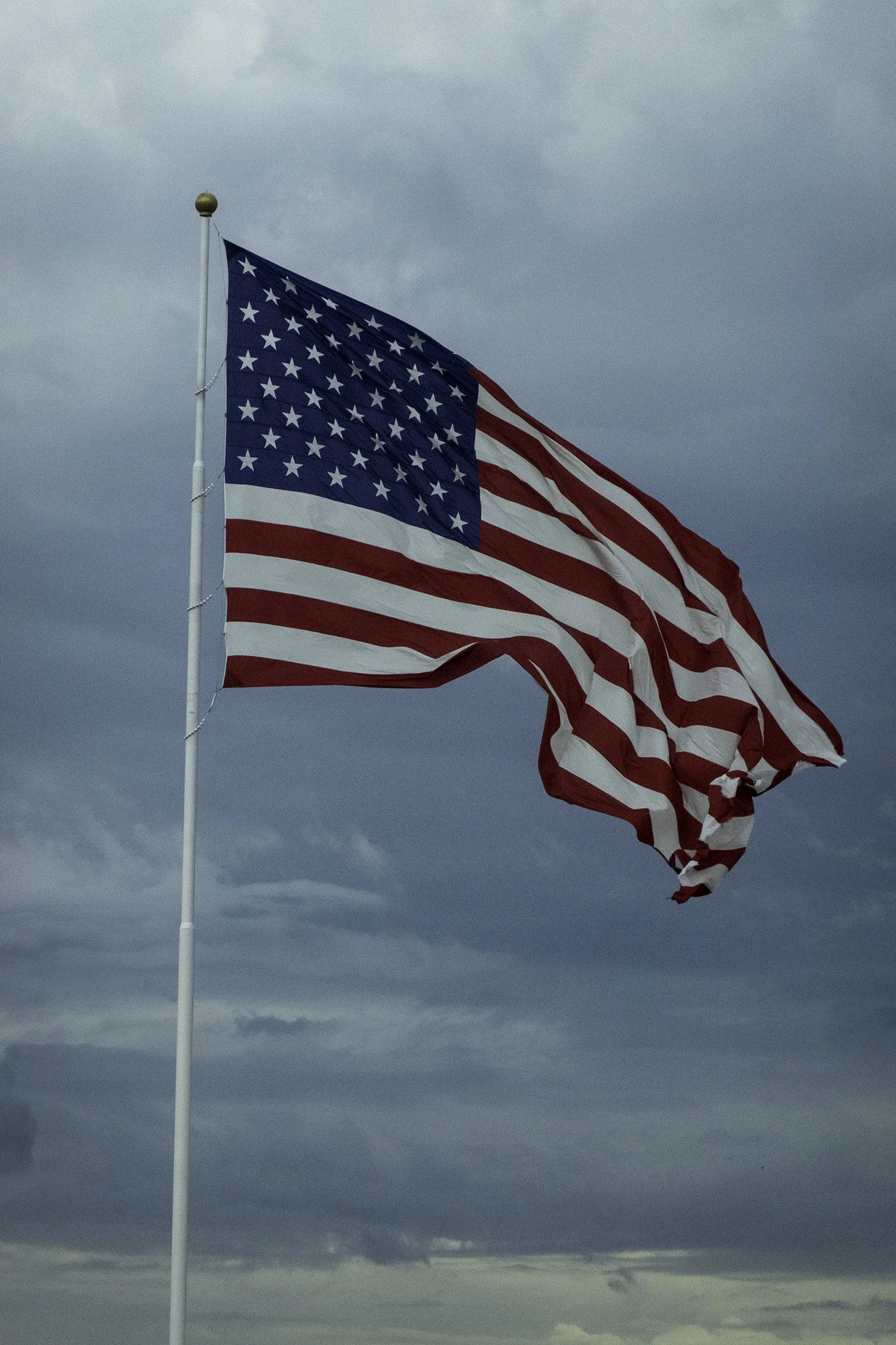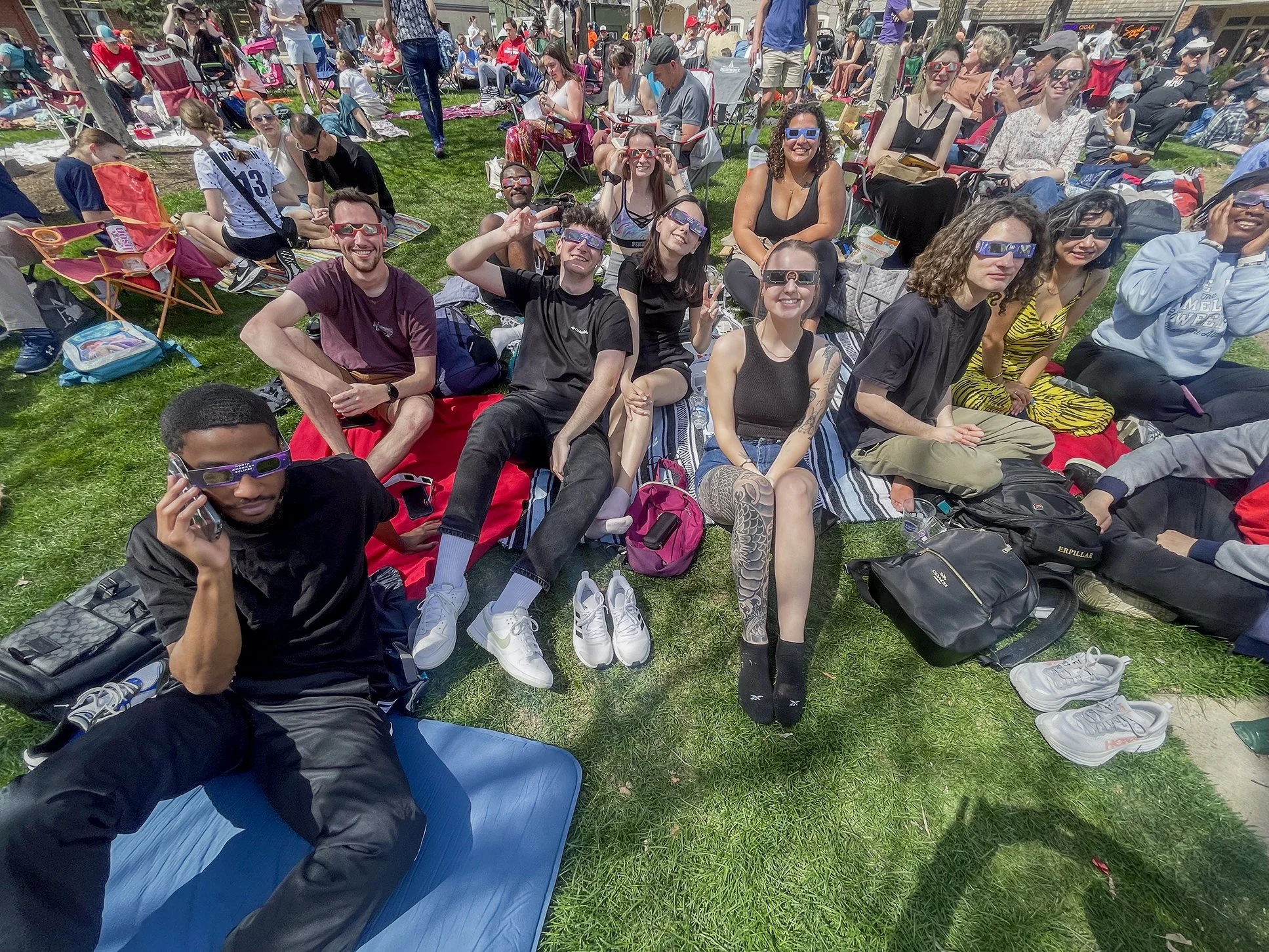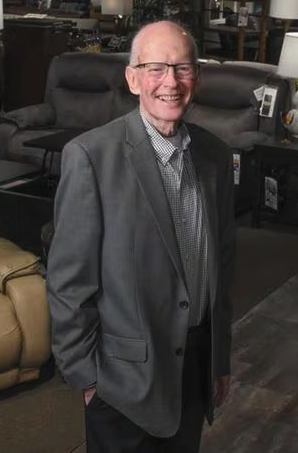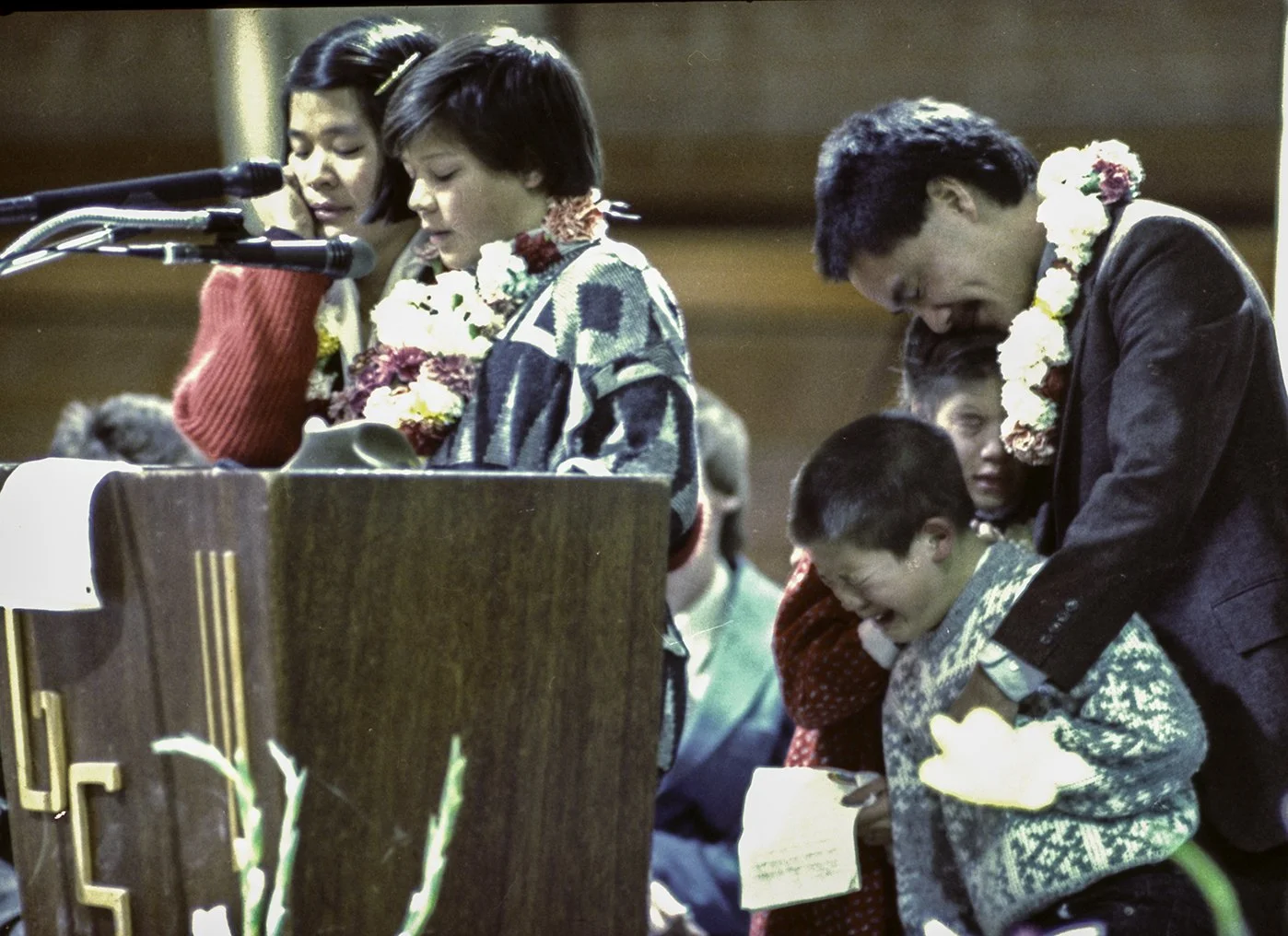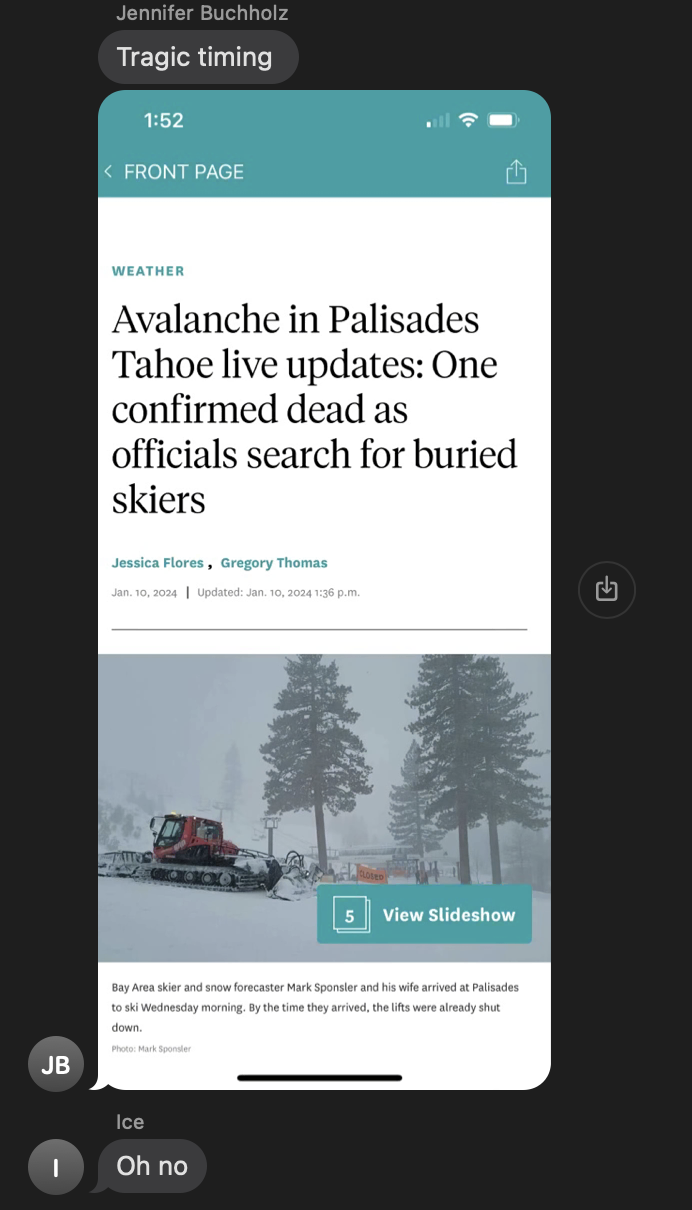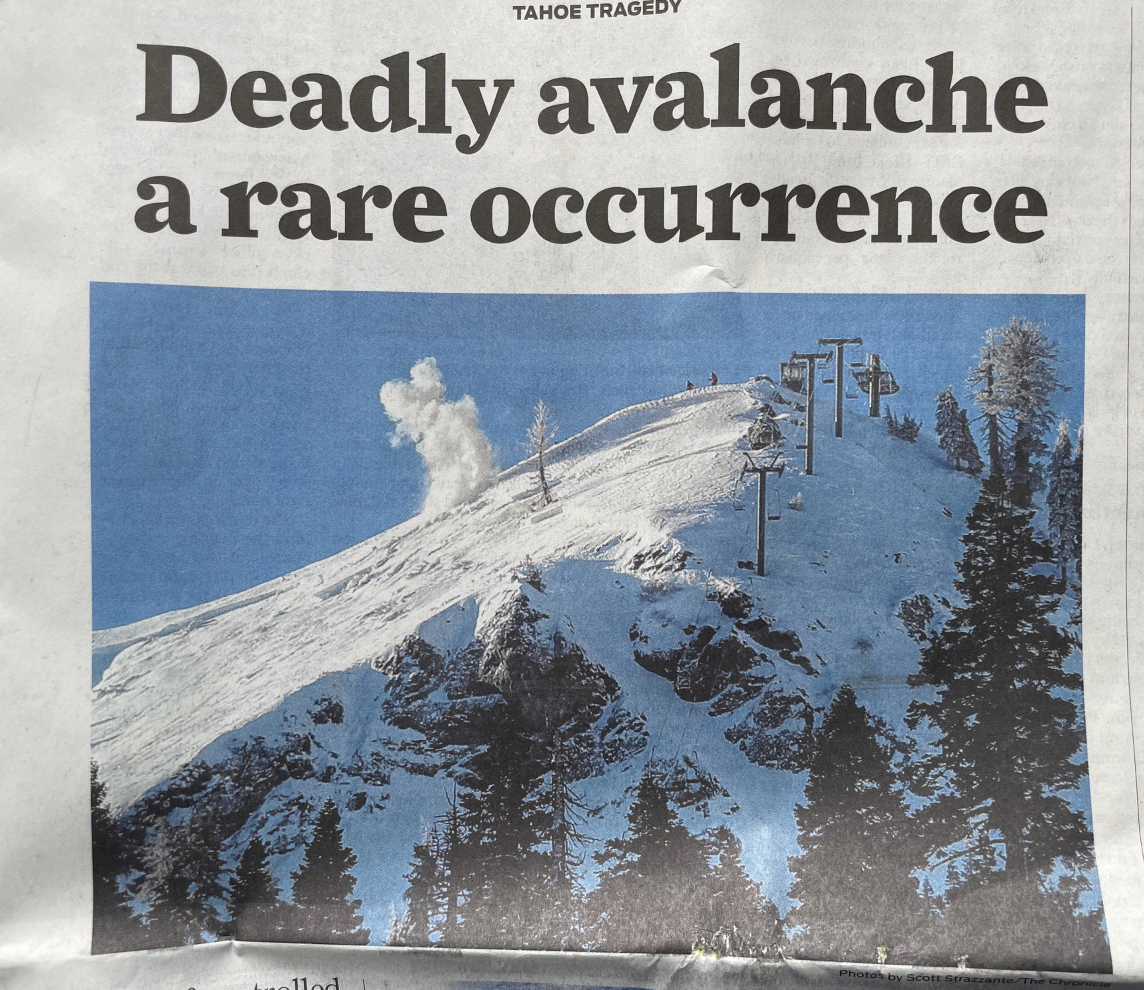Jadyne and I woke up at 3:00, drank coffee, then closed down 330 Rugby, climbed in the car and headed to SFO, a drive that can take about thirty minutes, or during rush hours, perhaps four times longer. At 4 am it was a predictable thirty. We parked at a nearby hotel (cheaper), then arrived at SFO well in advance of our 6 am flight to Chicago, a full flight. I had a window seat and saw this as we passed over the Sierra Nevada Mountains, always a thrill in winter.
With our one carry-on bag we were at the Budget rental desk in minutes and heading east from O’Hare and down I-65 towards Indianapolis in lightning, rain, thunder and bumper to bumper traffic. From the window we saw
Family farms, abandoned farms, corporate farms, small farms, farms of every description and size.
Along the “freeway” we passed an endless procession of signs—Jesus is Lord, Experience the Wonder of God, signs advertising the services of attorneys, an electronic sign that read “Plan for the Eclipse. Fuel Up/Arrive Early/Stay Put/Leave Late, American flags on barns on poles, on mailboxes, and just outside of Indianapolis, this, a sign from Mom Nature.
We arrived in Oxford at 8:00 at Paesano’s , a pricey Italian restaurant where we met our friend Bill Laichas and his wife, Ellen. Bill was my best friend in Oxford in the years that I taught at Talawanda HS, 1972-1975. We had met at Miami University when we were both pursuing graduate degrees. He and his wife, Liz, divorced years ago. He and Ellen married in 2016. We’ve not corresponded that much over the past forty-nine years, but we’d both found it important to reconnect. He and Ellen live in Bowling Green, KY, and they were willing to make the trip to Oxford, more to see us than the eclipse.
Seeing Bill and meeting Ellen was the icing on the cake. We went back to Oxford for the first time in perhaps thirty years to reconnect the lives we’re living now with the lives we led fifty years ago. We rented a house near Talawanda HS (now a parking lot) at 714 South College. Jason was born there.
1975
2024
One of the tenants gave us a tour of the house. It has been completely remodeled to accommodate students at Miami University. At $7200 a semester times three students, the owner grosses $43k a year.
It was under the window in the center of the image that I photographed Nixon on our little black and white TV as he resigned the presidency.
Jadyne is standing in the basement, now a bedroom, bathroom and bar. The last time she was there she was holding Jason as 140 tornadoes, including an F5 that leveled the town of Xenia, were striking the Midwest, some touching down between Oxford and Cincinnati.
Bye bye.
When we returned to Ohio for my mother’s 90th birthday it was one month before the presidential election, one that when we left California we thought John Kerry would win hands down. When we saw the Bush signs planted on many of the lawns around Cincinnati we realized that we lived in a bubble, that the sure thing that we thought was Kerry’s win, when faced with flyover states’ countless Bush signs, we lost that confidence.
An Obama volunteer rang a doorbell. When the owner discovered why she was there he responded, “Didn’t you see my American flag? I’m a Republican!”
Along I-65
These are two of the dozens of flags we passed between Chicago and Indianapolis. There were many more flying from houses along the two-lane highways we drove between Richmond and Oxford.
One house displayed both a Trump flag and a Confederate flag, but no American flag.
Although few in the Bay Area fly American flags, they don’t love America the less. Flying a flag doesn’t make you a patriot or an American anymore than going to church makes you a Christian. In Ohio, however, I assume that most of the flag flyers are, like the man the Obama volunteer met, Republicans, and by association, Trump supporters. The irony, of course, is that Trump is no patriot, and although his mailings make liberal use of the word, he and his supporters are strangers to the values prescribed in the Constitution and the law.
Experiencing The Great Divide that is America today was one of the reasons we chose to return to Oxford. We were surprised to see only a few Trump signs, although the election is still more than six months away. Ohio is a red state, and the signs, like the cicadas, are just waiting for the right time to announce their presence. I’ve never seen a Trump sign or a Trump bumper sticker in Kensington. Or a cicada.
The historian Doris Kearns Goodwin spoke about The Great Divide. “We’ve lost our sense of collective identity, what values we’re promoting, humility, people who acknowledge errors and learn from their mistakes, empathy, people who understand others’ points of view, resilience to come through adversity, accountability, kindness, compassion, and ambition for something larger than themselves. So we’ve got to figure a way to come back to understand what truth is, what law is.”
But political differences are only one component of The Great Divide. In Oxford. with the exception of the black student in the front of this image, we only saw white people. No Asians, no Hispanics, no one else of color. Our Kensington neighbors in back and on the side are Panamanian/Mexican; the man across the street is Filipino; Jadyne is one of five Chinese who live on our little street. California, not just the Bay Area, is the true melting pot.
Oxford Square, and the one token black student. Is he the one Trump called “my black friend?”
Americans seemed to really like each other after 9/11. Everyone flew flags. “Je Suis Americaine” wasn’t just the French identifying with us. We had been dealt a royal flush in the world’s collective opinion. We could do no wrong. But we did. Not only did we throw away our cards, but we looked at ourselves and didn’t like all that we saw. Sides were taken. Racial animosity continued. In 2016 Trump brought out the worst of us, and in 2020 he brought out the worst in himself and the Trump cultists who support him and exchange truth for lies.
Jay and I tiptoed into that freezing water when we returned to Oxford, and the wonderful dinner, the spectacular eclipse, reuniting with an old friend, seeing 714 South College, wasn’t enough to warm our little tootsies. We headed back to California, happy to have been there, happier to be home.


